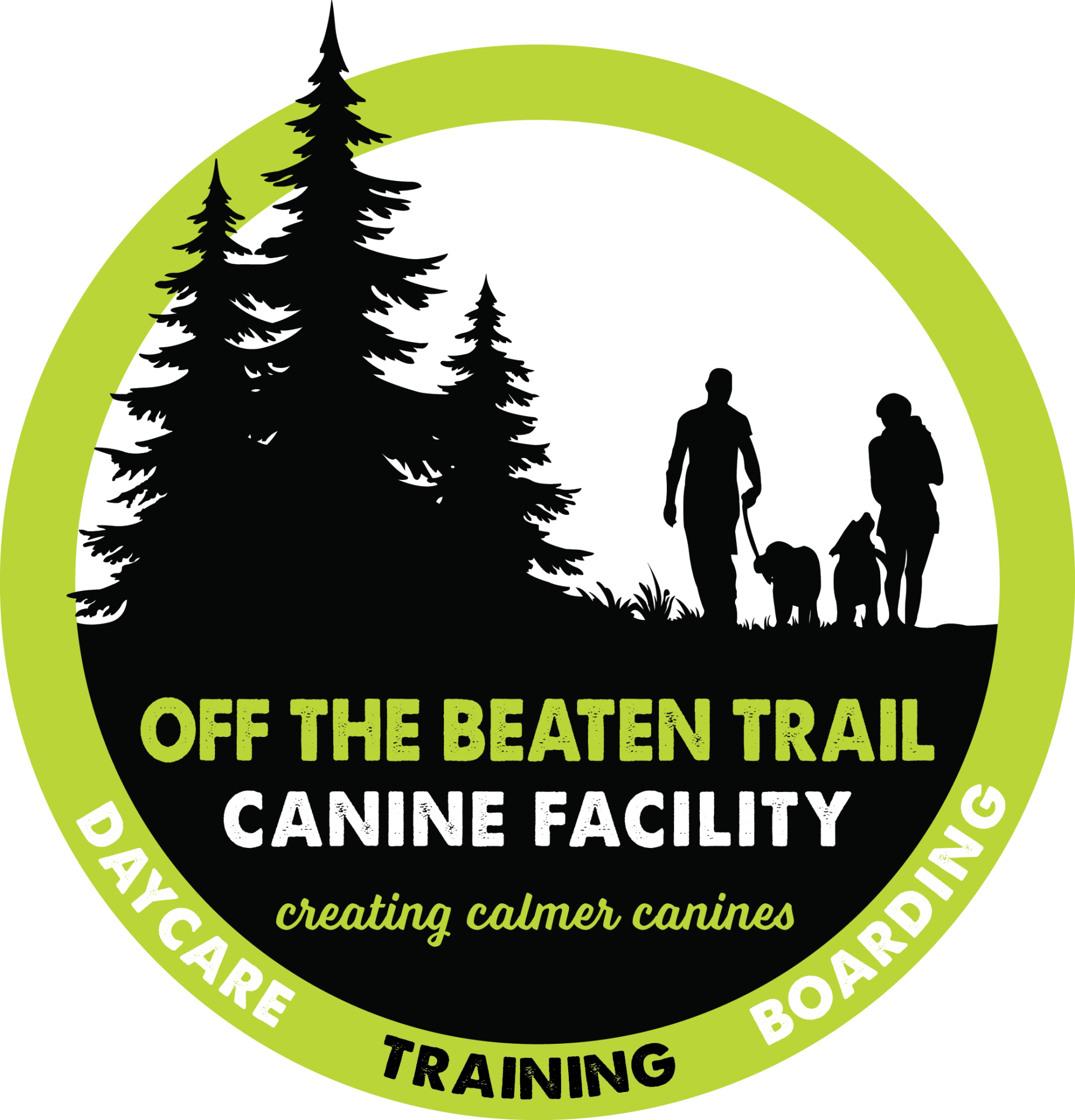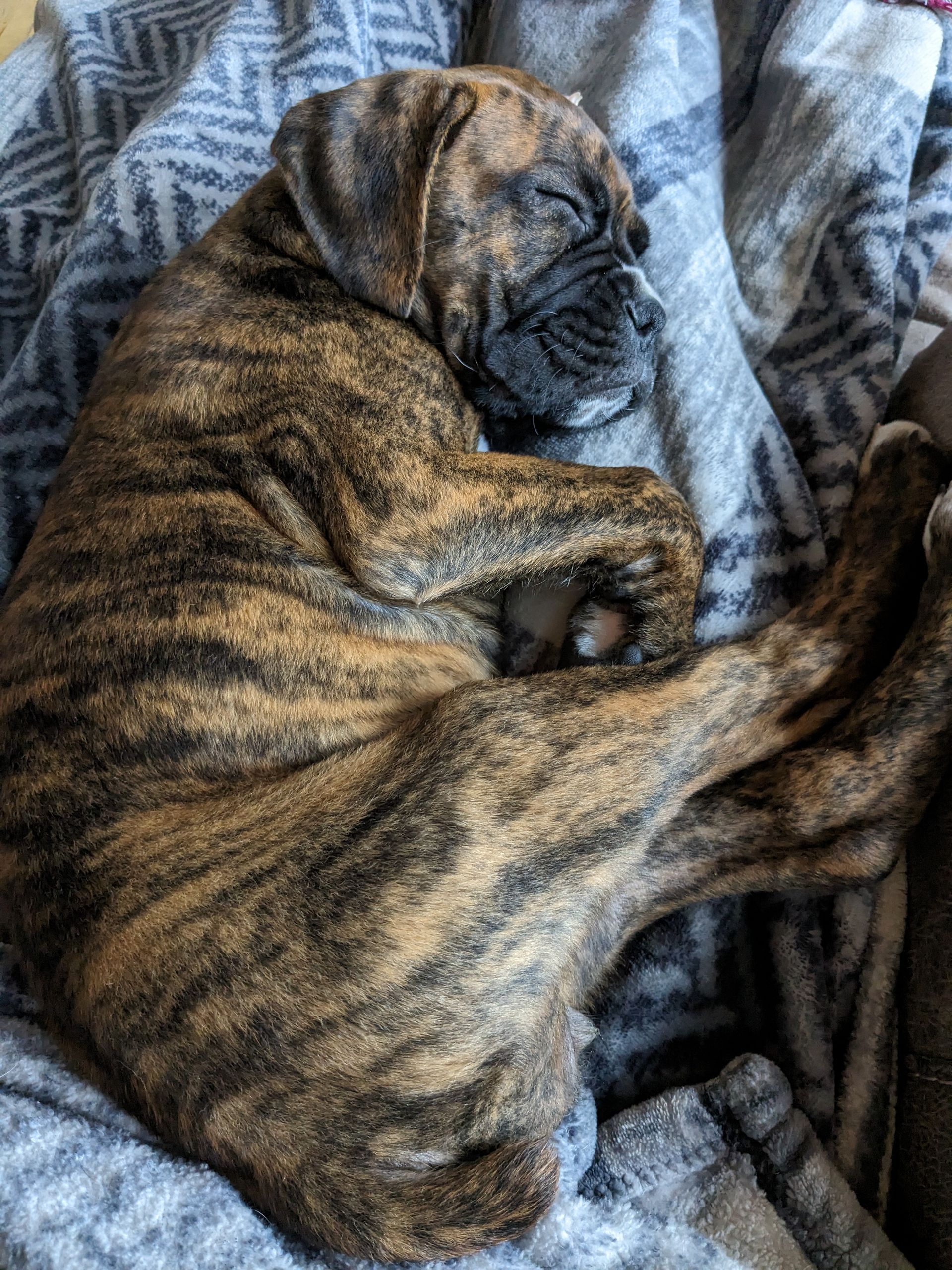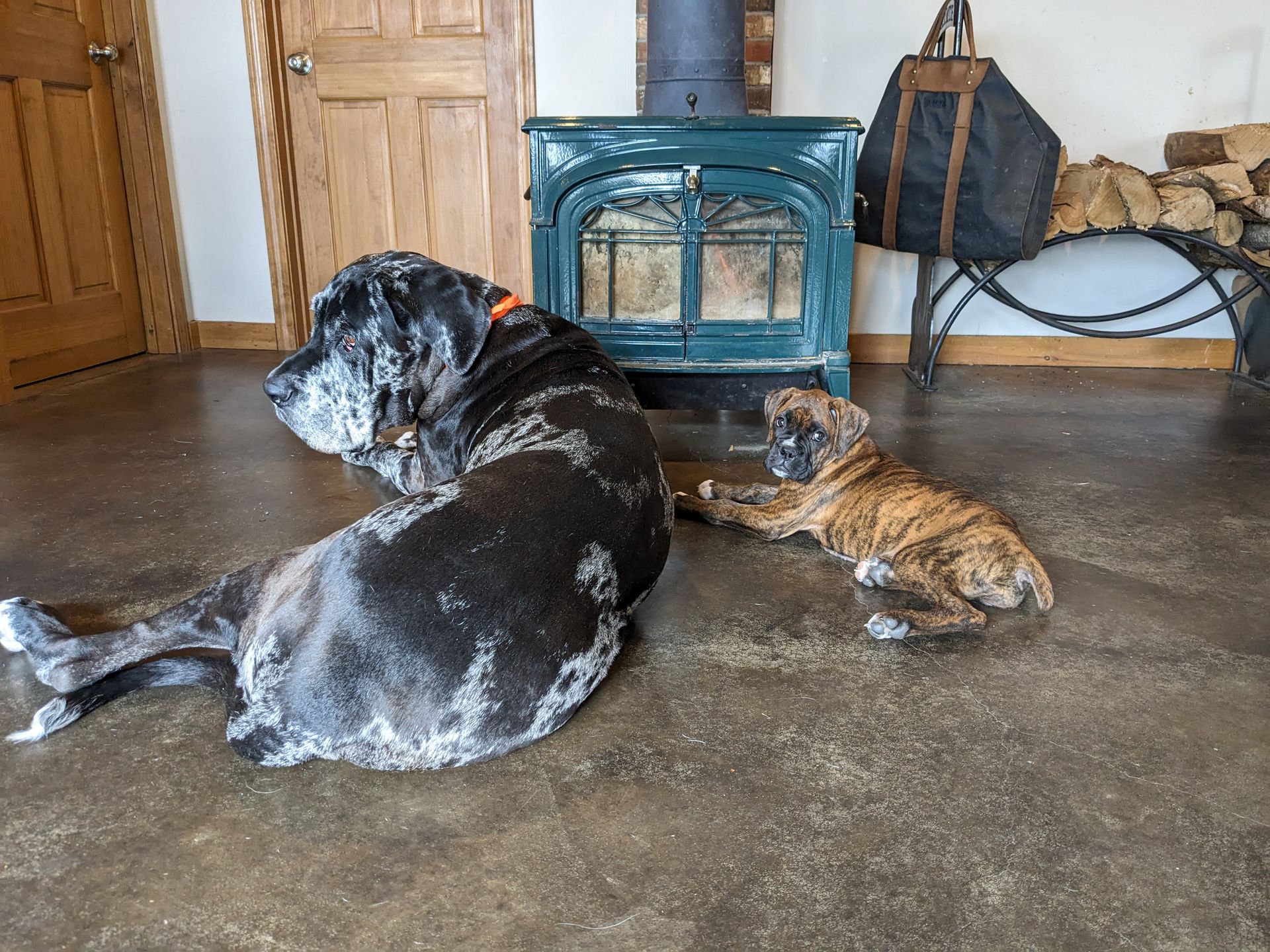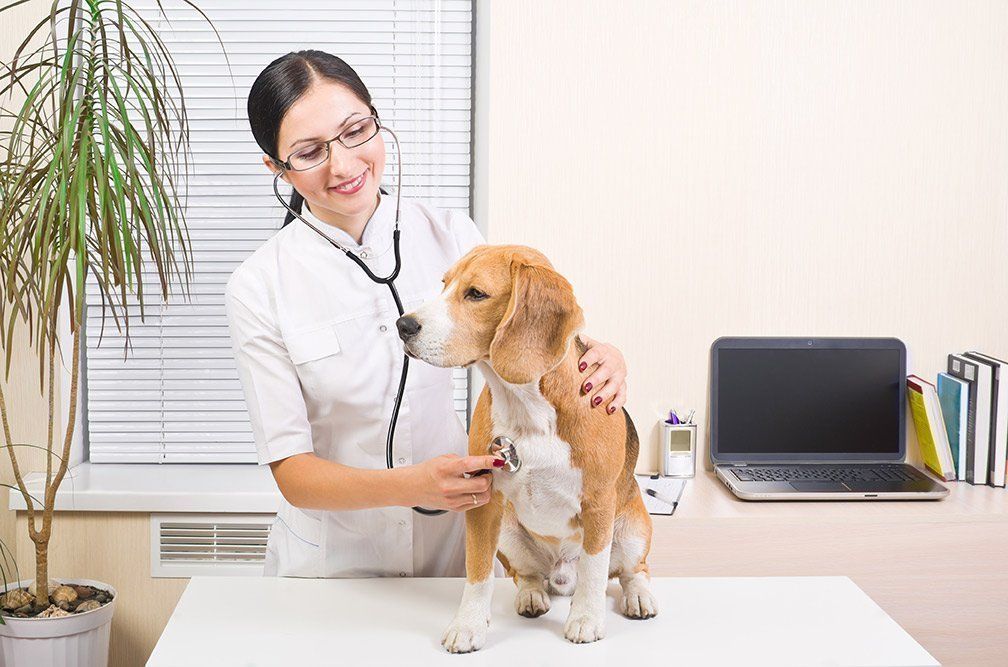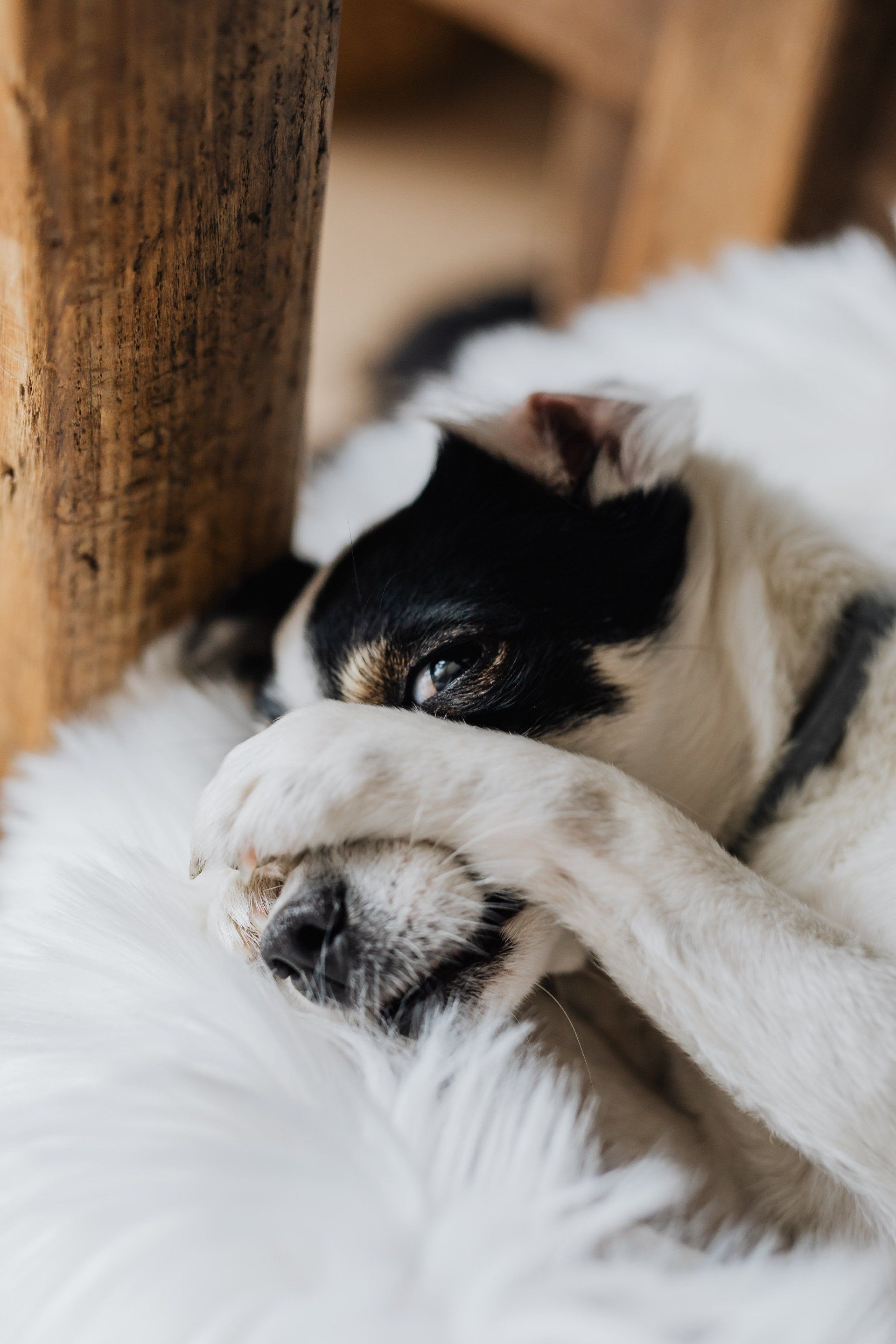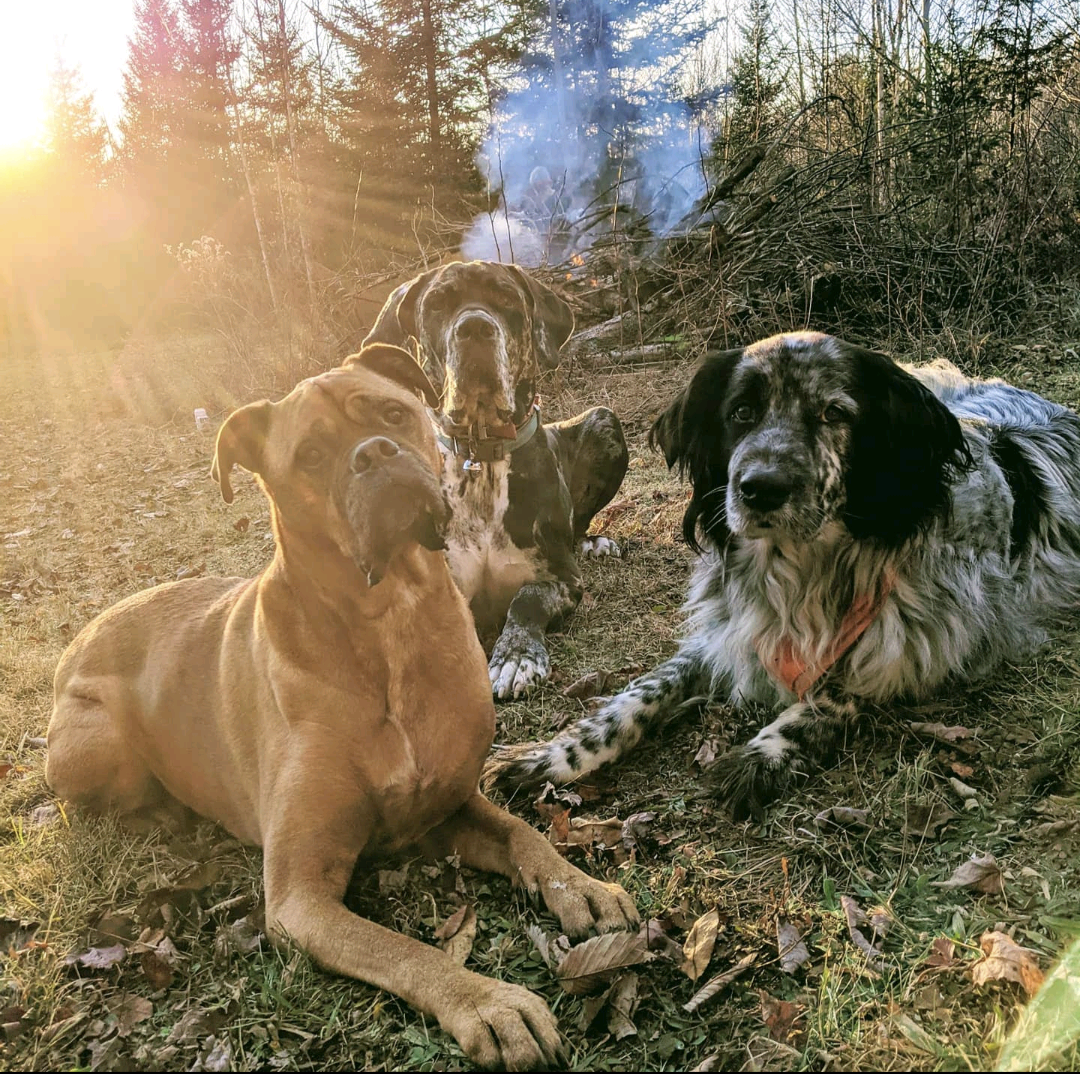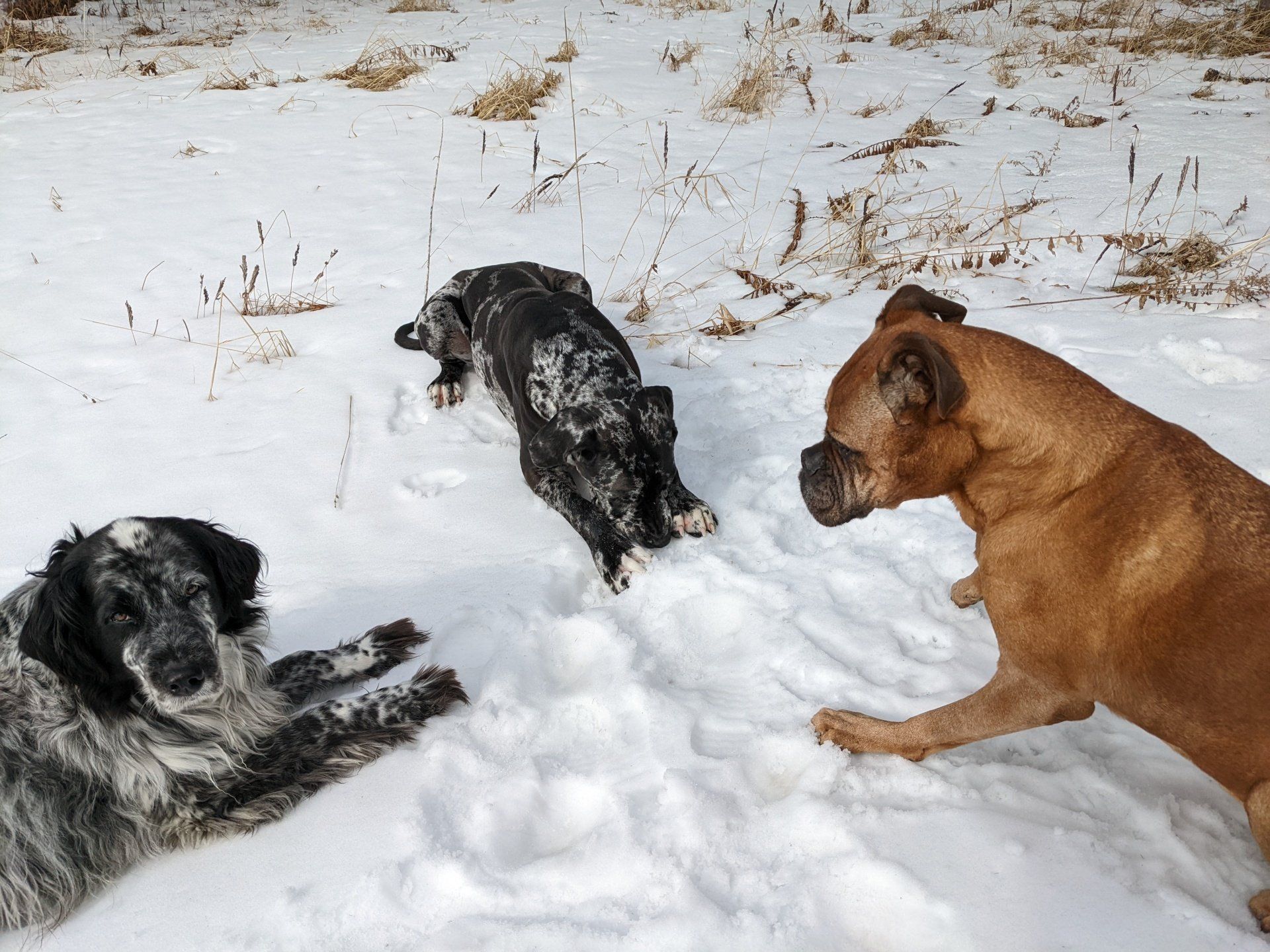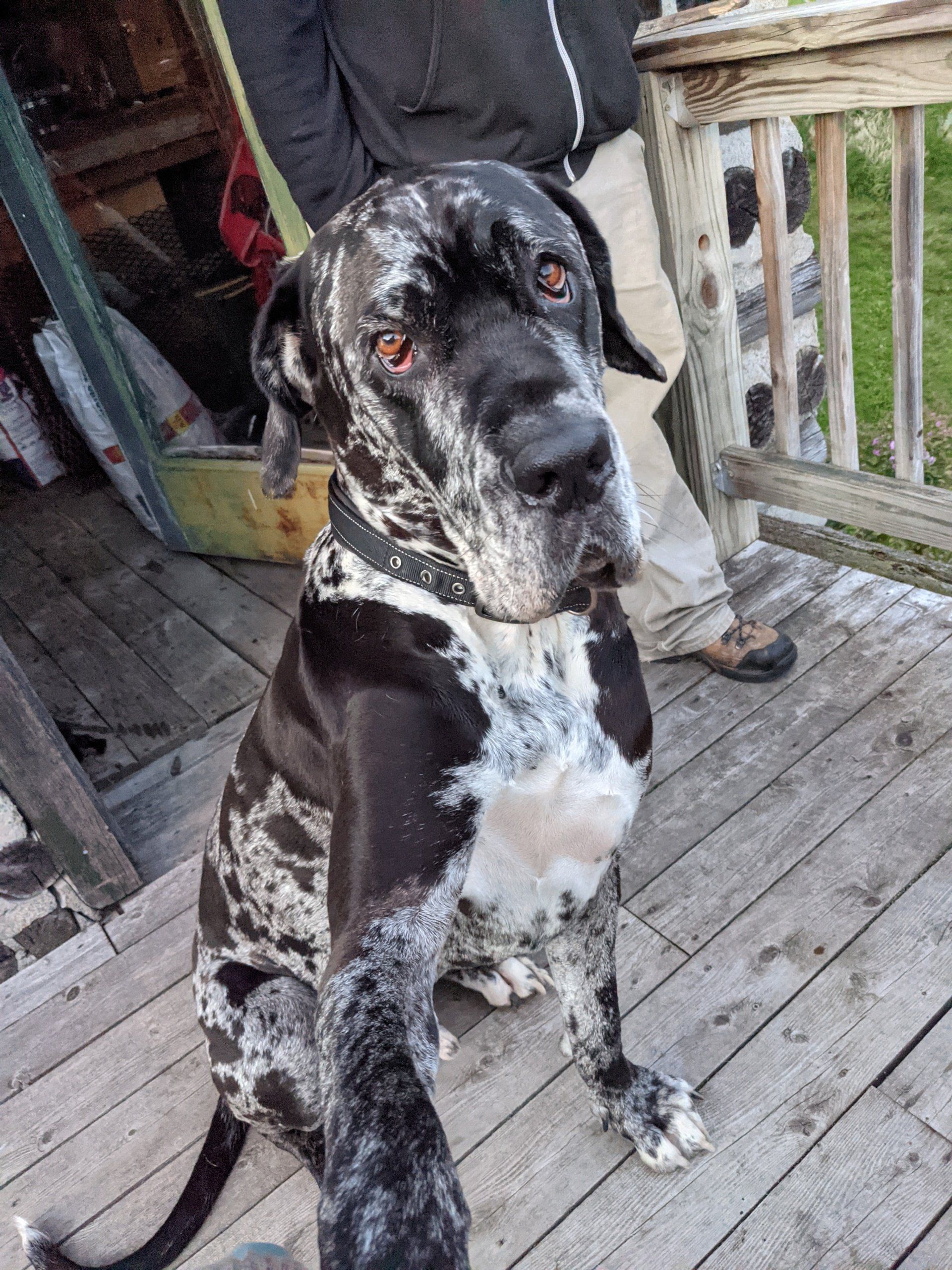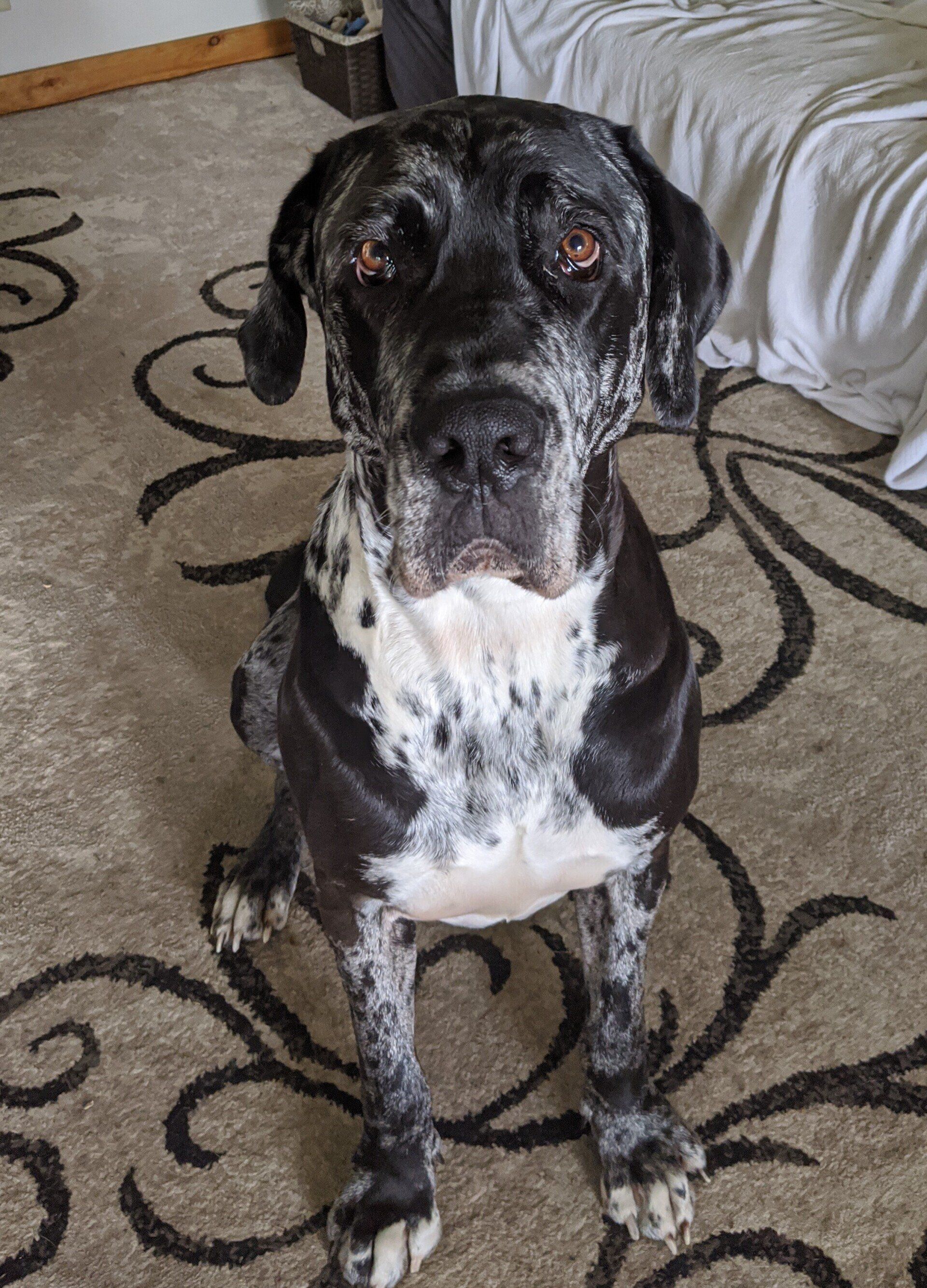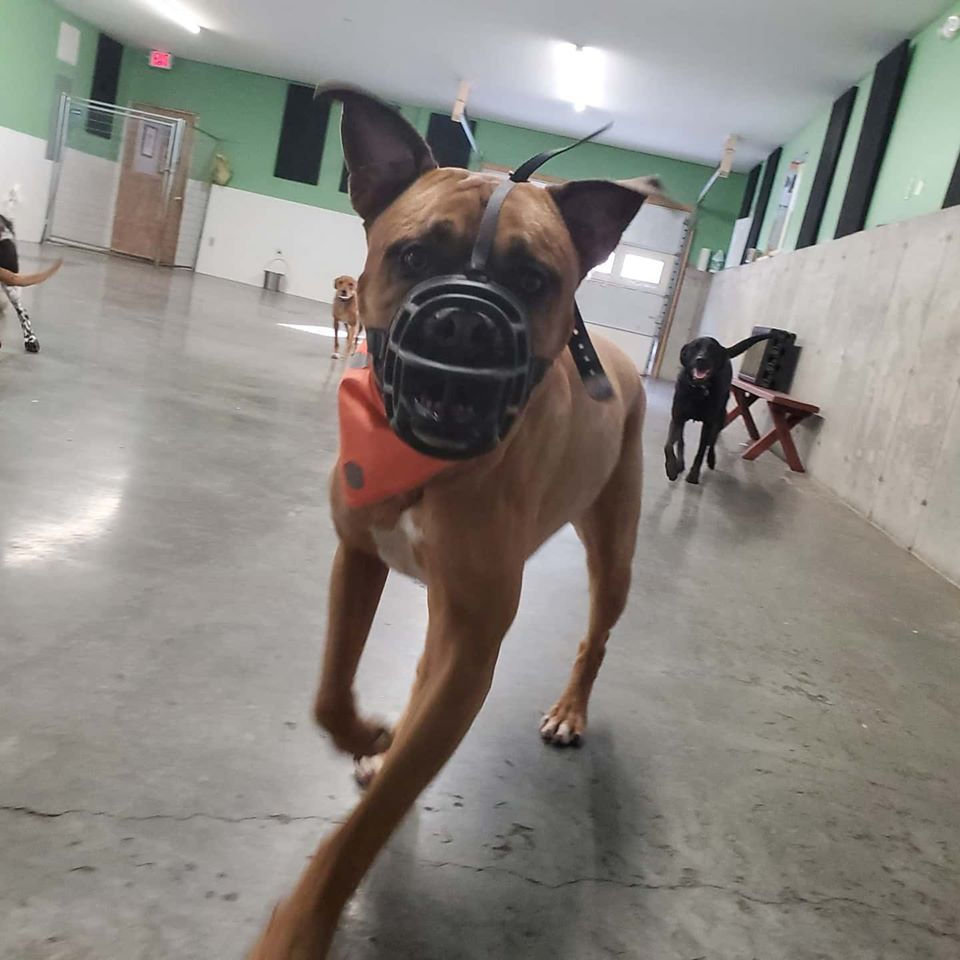What Does it Mean to "Train" a Dog?
Gillian Scarpino
What other things do you "train" for?
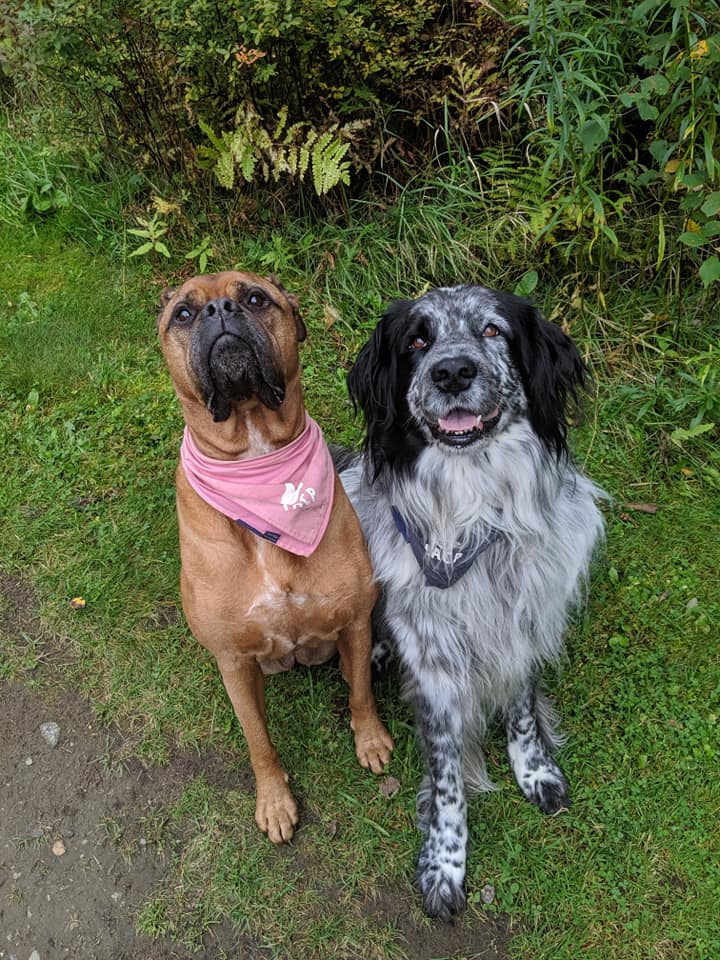
What does it mean to “train” a dog? Let’s think about that concept for a minute. When you train for a marathon, do you show up for a marathon and hope for the best? When you train for a weight lifting competition, do you show up at the day of the competition and think “I’m pretty strong, I’ve got this!”. Or how about a baking competition? Fishing tournament? Relay race? Or how about your first ever public speech? It is highly unlikely that anyone would show up for any of these somewhat stressful events without in some way, shape, or form, preparing for them ahead of time!
Let’s change the wording, for the sake of this post, from “training your dog” to “preparing your dog”.
Almost everyone that we talk to wants to know how they can help their dog in one particular situation or another. It might be how to get along with other dogs, or how to help them through fireworks, or how to get them to come back to them when they call their name. In every single one of these instances, the solution to the question lies outside of that particular event. The question remains, are the dogs prepared for it? Have we, as the humans and as their leaders, prepared the dog to come back to us when we call them? Or is the only time we try to call them back to us when they are chasing after a squirrel or running straight for the road? Have we prepared them with coping skills throughout the year to teach them how to focus during times of stress, or do we wait until the fireworks have started and wonder what we can do now to calm them down?
Training is nothing more than helping prepare our dogs for times of heightened stress. And this always, always,
always
needs to be done in controlled situations, with no distractions or signs of stress around…at first.
The first time I had to give a speech, I did not put it out of my mind until the day of the speech. I spent a lot of time sitting at my computer writing and then rewriting my speech. I had thoughts come to me when I was out and about, which I quickly jotted down and then added to the speech when I got home. I read the speech over dozens of times, first in my head, then out loud to myself. I knew which parts of the speech I wanted to emphasize, and which parts I would look up from my notes and make eye contact with the audience. I practiced in front of one person, then two. I wanted to get a feel for having eyes on my and how I would handle that pressure. Then I would visualize being on the stage and having a full audience in front of me, which helped me to anticipate the nerves that would inevitably appear, which in turn helped me know which coping skills to draw on and develop. I practiced talking slowly, breathing deeply, smiling, pausing for effect, enunciating, etc. Then I practiced on the stage with a microphone in front of a few more people, so I knew how closely to stand to the mic, and how loudly I should speak. This process took weeks of preparation and a huge majority of my mental energy. Then, and only then, was I ready and fully prepared for my first big speech. I was 18, still completely terrified, but I knew what I wanted to say, how to say it, and how to get myself through the experience. The day of the speech, I hit it out of the park, in front of a packed audience of a couple hundred people.
Let’s talk about fireworks. If you are not preparing your dog for fireworks (and we can all count on fireworks going off quite a bit the first week of July every single year), it is the equivalent to someone pulling you out of the audience, putting you up on stage, and expecting you to deliver a speech without ever preparing you for it.
Take a second and feel how terrifying that would be, and then realize this is what your dog is feeling every time he goes into panic. Do you see how much easier it would be to help them through stressful events if you had practiced with them over and over and over again when there were no stressors around?
When things are calm, and you teach your dog to focus on you, even if it’s just for a few minutes of fun doing basic obedience commands, this is going to become familiar to them. The brain likes familiar things, it is easy to "go there" once it's established. Then, when you can still control the environment, find a video on YouTube of fireworks going off, play it quietly but make sure your dog hears the sound, and practice the same routine. As time goes on, continue to make the video louder and louder as your dog can handle it. Then, on the 4th of July, when the fireworks start and your dog’s heart rate goes up and she starts pacing around and getting frantic, you can help her by doing that same familiar routine. Be a lighthouse in the dark. Prepare your dog for the inevitable experiences they will have, and they will always have those coping skills to draw on.
Training is nothing more than preparing your dog ahead of time for lots of different scenarios. We can all do that! What other situations can you think of that you can prepare your dog for?
